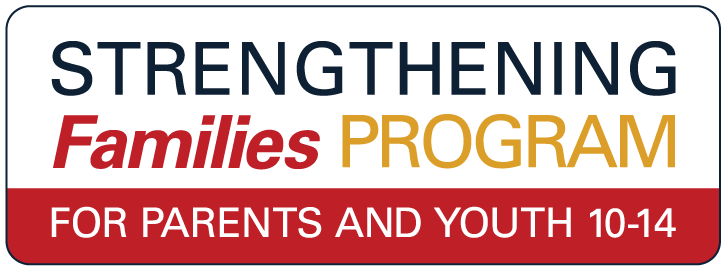
The Opioid Misuse Prevention Project (OMPP) aims to address the opioid crisis by reducing the risk factors that lead to substance misuse while increasing the protective factors that promote resilience in youth, families, and communities.
The Opioid Misuse Prevention Project Includes:
LifeSkills Training Program:

LifeSkills Training (LST) is a multi-component substance abuse prevention curriculum addressing social, psychological, cognitive, and attitudinal factors associated with the use of various legal and illegal substances. LST's primary objective is to enhance the development of basic life skills, personal competence, and skills related to resistance to social influences that promote substance use.
As part of the Opioid Misuse Prevention Project, all middle school health teachers in Erie's Public Schools will be trained to deliver the LifeSkills curriculum to all middle school students.
Strengthening Families Program:

The Strengthening Families Program for Parents and Youth 10-14 (SFP 10-14) consists of muiltiple sessions that total 15 hours. The program focuses on setting appropriate limits, using consequences, protecting against substance abuse, handling peer pressure, reaching out for help, understanding family values, and building family communication.
As part of the Opioid Misuse Prevention Project, the Strengthening Families Program for Parents and Youth 10-14 will be offered to all students ages 10-14 in Erie's Public Schools and their parents, guardians and/or caregivers.
Communities That Care:
This Social Development Strategy is an evidence-based framework that organizes protective factors into a simple strategy for action to promote positive youth development.
As part of the Opioid Misuse Prevention Project, Social Development Strategy trainings will be available to professionals/individuals that have regular contact with children. Trainings are two hours long and participation is free.
Public Health Messaging Campaign:
The final component of the Opioid Misuse Prevention Project is a public health messaging campaign. The campaign will aim to:
- Build awareness of healthy coping skills for stress and pain
- Build awareness of the risks that alcohol, tobacco, and marijuana pose to youth
- Build awareness of the importance of bonding, opportunities for pro-social activities, and rewards for pro-social activities to protect youth
- Promote the use of drop boxes for disposing of old medications
- Decrease stigma around substance use disorder and treatment
- Promote awareness of the importance of early intervention
This project was supported by PCCD Subgrant # 36031, awarded by the Pennsylvania Commission on Crime and Delinquency (PCCD). The awarded funds were provided by the Pennsylvania Department of Drug and Alcohol Programs (DDAP) and originate with the U.S. Department of Health and Human Services, Substance Abuse and Mental Health Services Administration (SAMHSA). The opinions, findings and conclusions expressed within this publication/program/exhibition are those of the author(s) and do not necessarily reflect the views of PCCD, DDAP, or SAMHSA.
To get involved with the Opioid Misuse Prevention Program, please complete the form below.


